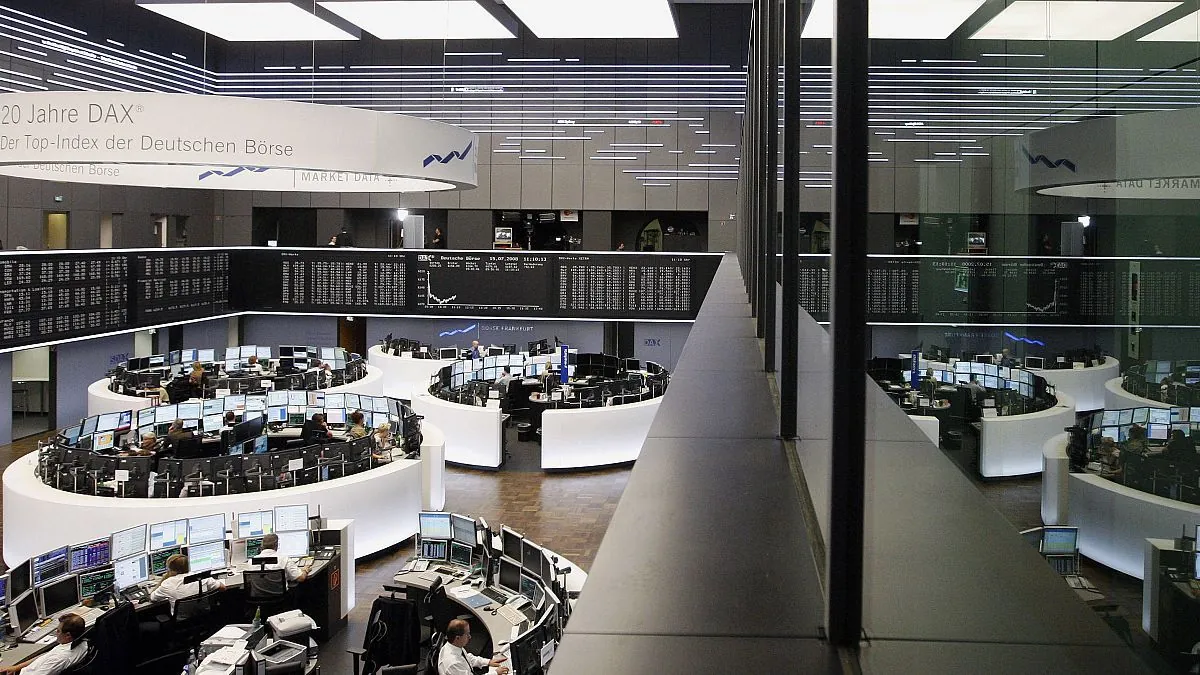In a display of resilience, Gulf stock markets showed signs of recovery on Tuesday, October 8, 2024, following recent declines sparked by concerns over potential regional conflict escalation. This upturn comes amidst heightened tensions in the Middle East, with various factors influencing market sentiment.
The Saudi Arabian benchmark index, Tadawul, the largest in the Middle East, registered a 0.3% increase. Notable performers included ACWA Power Co, a major developer of power and water desalination projects, which saw a 1.8% rise. Concurrently, Saudi National Bank, the country's largest financial institution, experienced a 0.7% uptick. In a separate development, Arabian Mills For Food Products Co made its market debut, with shares surging 10% to 72.6 riyals.
The recent market volatility can be traced back to October 1, 2024, when Iran launched a missile barrage targeting Israel. This action followed a year of ongoing conflict between Israel and Hamas in Gaza, which began in October 2023. The situation has further intensified with Hezbollah, the Lebanese Shiite Islamist political party and militant group founded in 1985, firing rockets at Haifa, Israel's third-largest city and a major seaport.
In response to these developments, Iran's Foreign Minister Abbas Araqchi has embarked on a diplomatic tour of Saudi Arabia and other Middle Eastern nations. This initiative aims to address regional issues and seek ways to halt what Iran terms as Israel's "crimes" in Gaza and Lebanon. The visit underscores the complex geopolitical landscape of the region, which has witnessed significant changes in recent years, including the signing of the Abraham Accords in 2020, normalizing relations between Israel and several Arab states.
The United Arab Emirates' financial markets also showed positive movement. Dubai's main share index added 0.3%, bolstered by a 1.7% gain in Salik Company, the operator of Dubai's automated electronic toll collection system established in 2000. Similarly, Abu Dhabi's index rose by 0.3%. These developments reflect the resilience of the UAE's economy, which is the world's seventh-largest oil producer and has been diversifying its economic base.
Qatar's benchmark index increased by 0.2%, led by a 0.5% rise in Qatar National Bank, the largest financial institution in the Middle East and Africa. This growth comes against the backdrop of Qatar's significant role in the global energy market, possessing the world's third-largest natural gas reserves.
The current market dynamics are playing out in a region that holds approximately 40% of the world's proven oil reserves. The Middle East's strategic importance in global energy markets is underscored by the presence of crucial shipping routes like the Strait of Hormuz, controlled by Iran, which is vital for oil transportation.
As tensions persist, investors remain cautious about potential Israeli retaliation against Iran, with speculation that Iran's oil facilities could be targeted. This scenario adds another layer of complexity to a region already grappling with the aftermath of the 2011 Arab Spring protests and ongoing discussions surrounding the Iran nuclear deal, known as the JCPOA, signed in 2015.
The resilience demonstrated by Gulf markets reflects the region's economic strength and adaptability in the face of geopolitical challenges. However, the situation remains fluid, with diplomatic efforts and market forces continuing to shape the economic landscape of this strategically crucial region.
